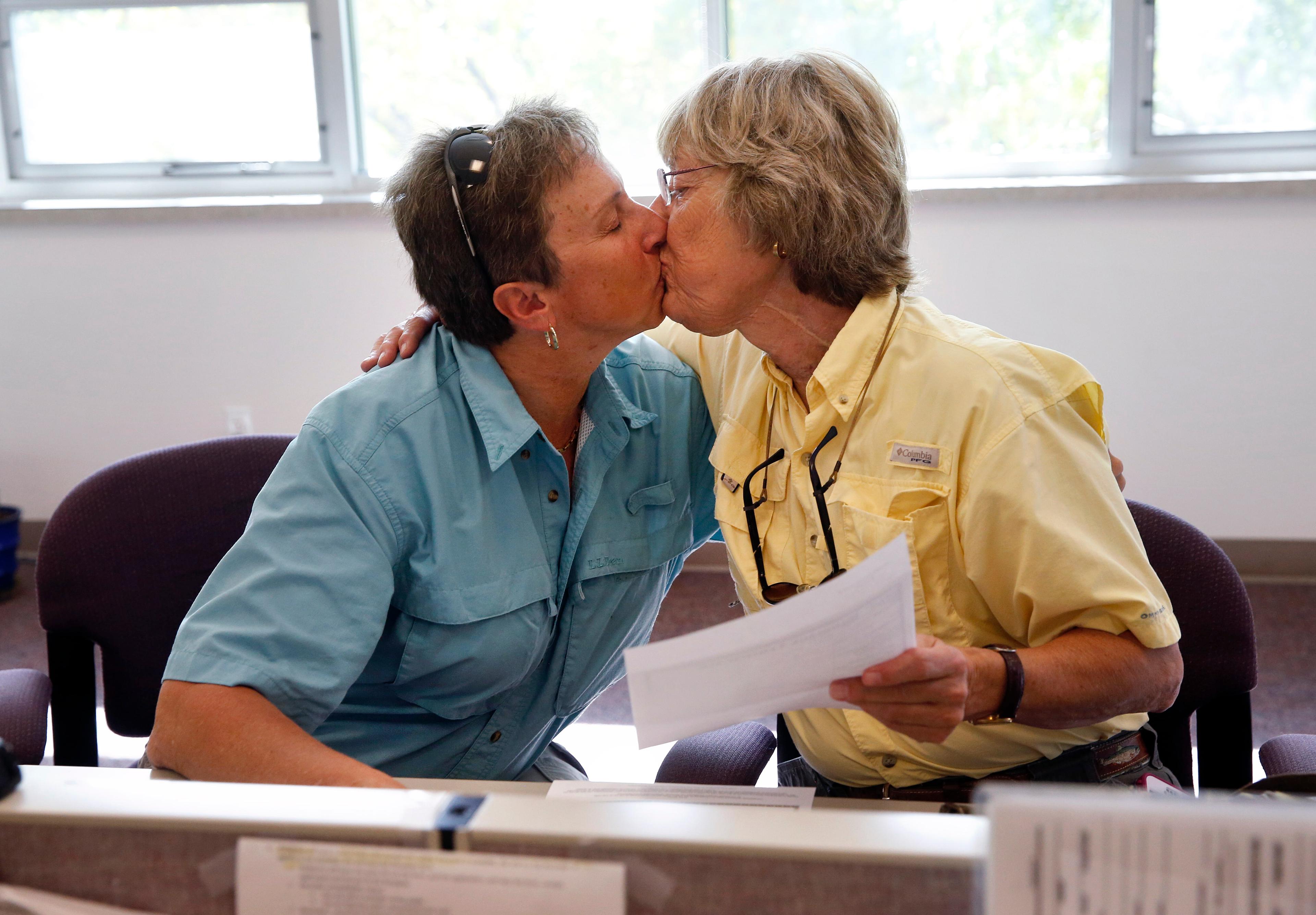
There’s momentum building in Congress to ban lawmakers from stock trading.
That’s surprised Democratic Rep. Joe Neguse. He’s been pushing this idea since 2020, and is one of the main sponsors of the Ban Conflicted Trading bill.
“During the early stages, when we first introduced this bill, it did not have much support,” Neguse recalled. He thinks the shift now is due in large part to the American public, who want to “see a more ethical, competent government. And that in turn has motivated more members in Congress to join the clarion call that we have offered to take this important step.”
The dean of the Colorado delegation, Democratic Rep. Diana DeGette, is a co-sponsor on the bill, which would ban members and their senior staff from trading individual stocks, and prevent them from serving on corporate boards while in office.
“Members of Congress should be focused on helping the people they represent, not using their position to pad their own investment portfolio,” she said in a statement. “There’s no reason why any member of Congress, who has access to all sorts of classified information and the ability to advance legislation that could directly impact a particular market, should be trading or holding individual stocks.”
This is an issue that has united members across the political aisle. Republican Reps. Matt Gaetz and Michael Cloud are also main sponsors of this bill. There are some investors who watch lawmakers’ trades because of the perception that they have information not available to the general public.
“I’m in favor of absolutely, positively banning trading in individual stocks,” said GOP Rep. Ken Buck. “I think there is not only a conflict of interest, but an appearance of a conflict of interest. And I think we need to make sure the American public knows that we are not acting for personal gain in this job.”
While he agrees members should not trade, he’s less comfortable with the part of the bill that applies the same restriction to senior office staff. He said he would consider having it apply to senior committee staff, though.
Neguse’s bill isn’t the only proposal being floated around the Hill right now. Democratic Rep. Jason Crow has signed onto the TRUST in Congress Act, which would ban not just members from trading individual stocks, but spouses and dependent children too. They’d have to put investments in a blind trust until 180 days after leaving office.
“The American people sent members to Washington to get work done — not line their pockets. Members of Congress should not be able to trade stocks while in office,” said Crow in a statement.
Agreement on the idea also extends to the Senate. A Bennet spokesperson said he “supports banning Members of Congress from trading stocks and is reviewing the various bills proposed by his colleagues in the House and Senate to do so.”
Colorado’s newest senator, John Hickenlooper also likes the idea. “We should prevent conflicts of interest and build on the disclosure and transparency already in place,” he said in a statement.
If any of these bills pass, it would require changes for some Colorado members
When it comes to which members of the Colorado delegation are currently trading stocks, it’s a mixed bag.
According to financial disclosure forms, Crow and DeGette have their money in mutual funds, Neguse has an IRA, and Buck has a trust and mutual funds. Bennet also has a trust, mutual funds and IRAs.
On the House side, the two members that have listed the most stock trades are Democratic Rep. Ed Perlmutter and Republican Rep. Doug Lamborn.
In a statement Perlmutter noted that Congress currently has rules over trades, via the STOCK Act. Members must list any trade they or their spouse make over $1000 within 30 days of the purchase or sale. According to those filings, it’s Perlmutter’s wife that does the trading in the family. Last year Perlmutter was a few days late in disclosing her trades, however it fell within the grace period allotted and he was not fined.
“Comprehensive legislation currently exists which bans insider trading and requires members of Congress to disclose details of stock transactions multiple times throughout the year,” he said via statement. “I believe the current laws in place ensure accountability and transparency of members but I plan to review any new legislation that comes before the House.”
Lamborn is unique in that he and his wife buy and sell just one stock in particular, the data management company NetApp. He said since he hadn’t reviewed any legislation yet, he isn’t ready to comment on whether he supports a ban on trading.
Hickenlooper, who came into the Senate with a blind trust, mutual funds and stock assets, filed seven Periodic Transaction Reports (PTRs) in 2021 for himself and his wife, which caught the eye of these watching members’ trading habits.
Under the current rules, members have to file these reports when they make the trades themselves or when their portfolio manager, who has been delegated the authority to make trades on their behalf, buys or sells anything.
Rep. Lauren Boebert’s office did not respond to questions about her stand on this issue and she did not list any stocks in her financial disclosure.
Congressional leaders have expressed support or at least a willingness to consider a ban. A hearing on the issue slated for last week in the House was canceled after the committee chair tested positive for COVID-19, but it is expected to be rescheduled.








